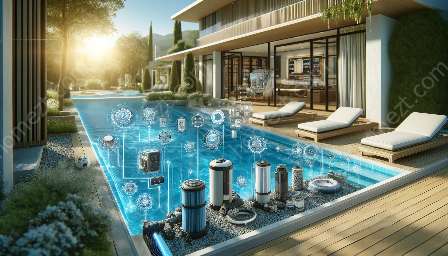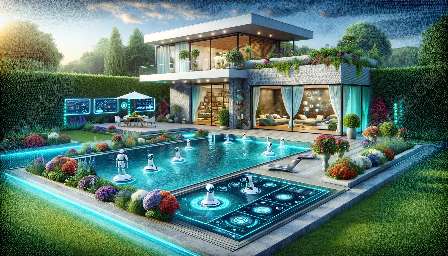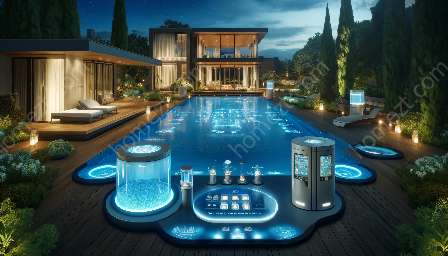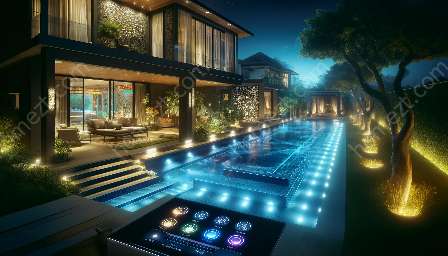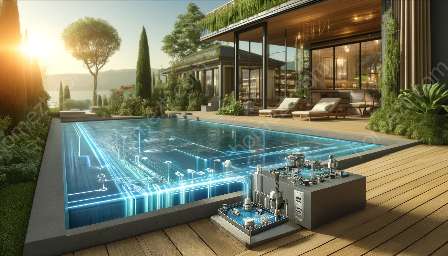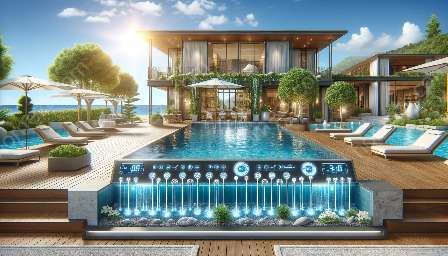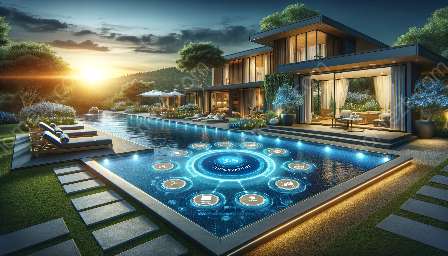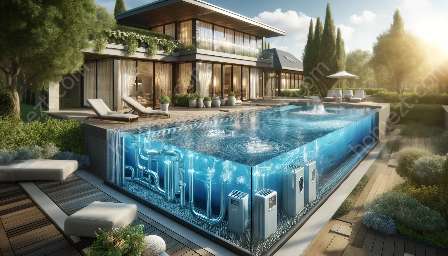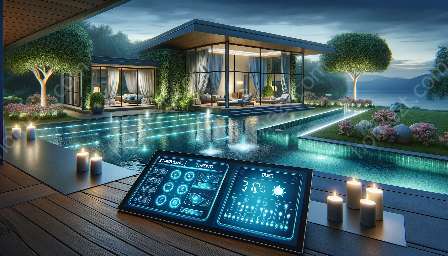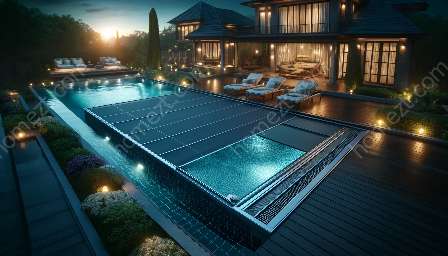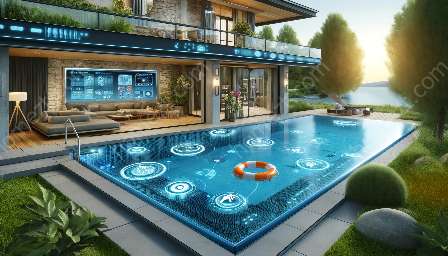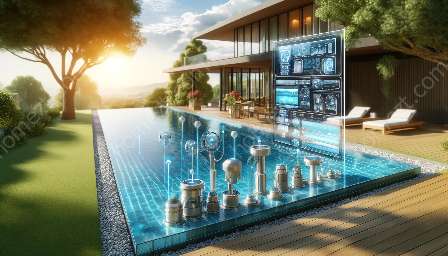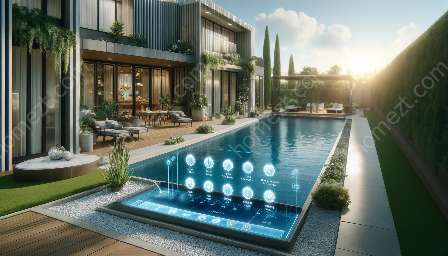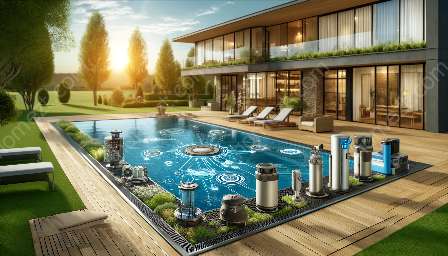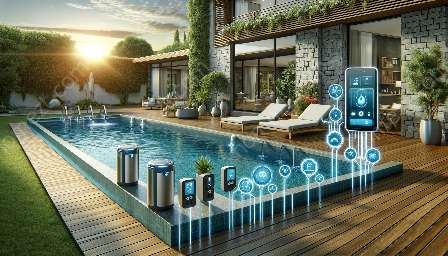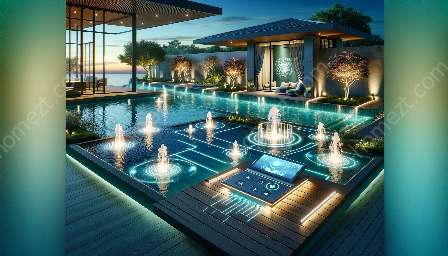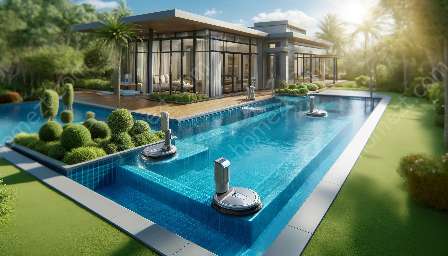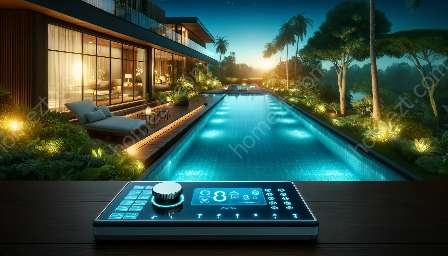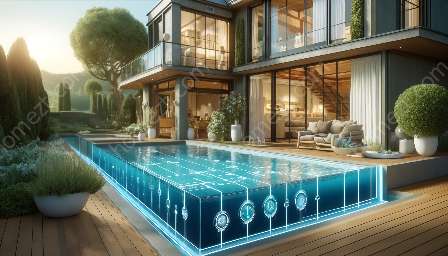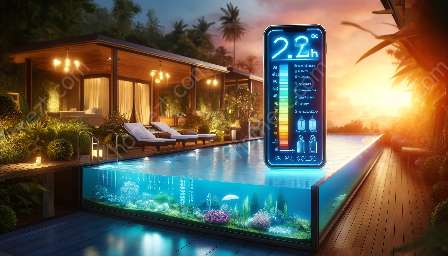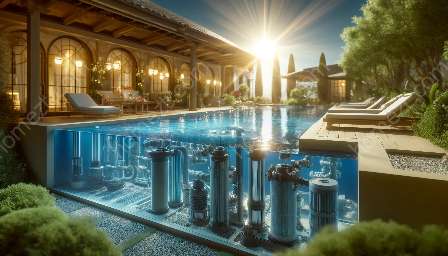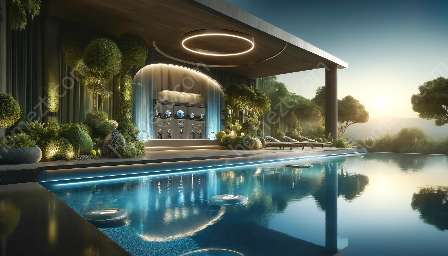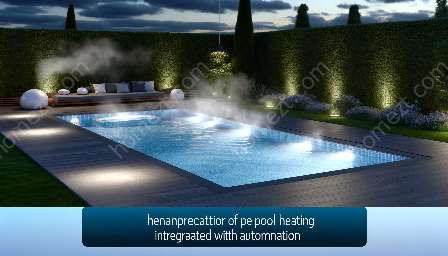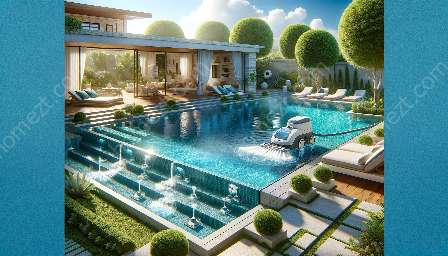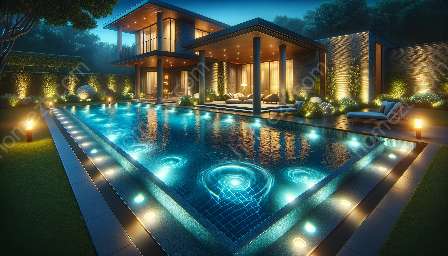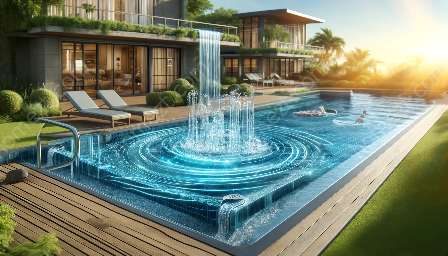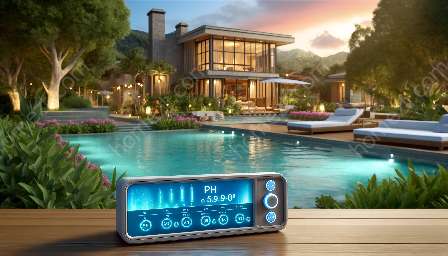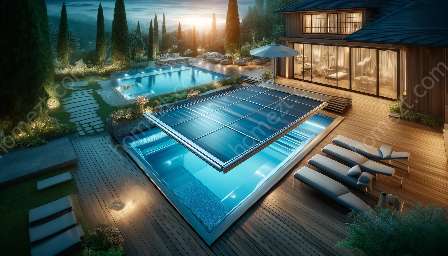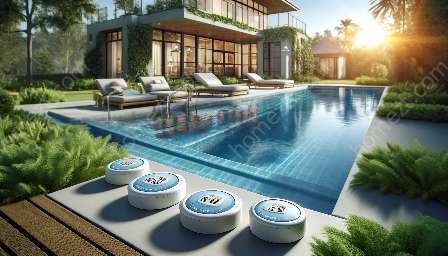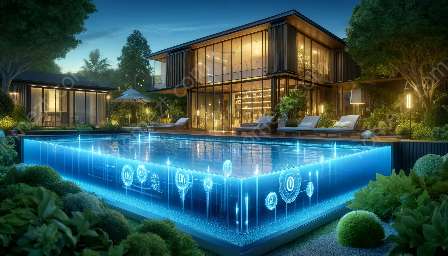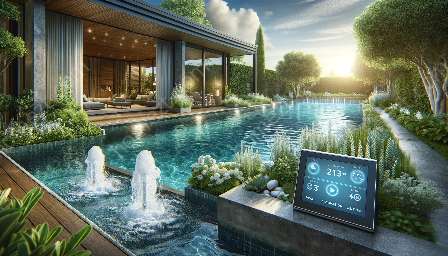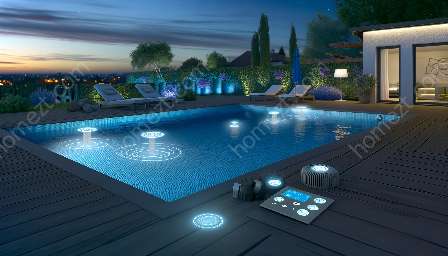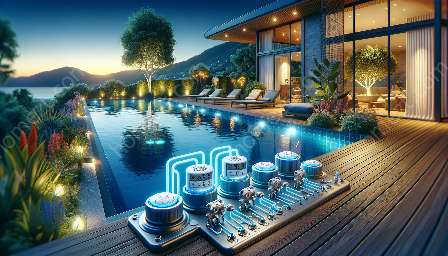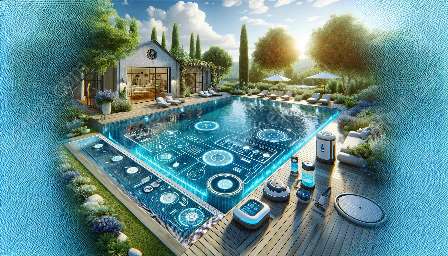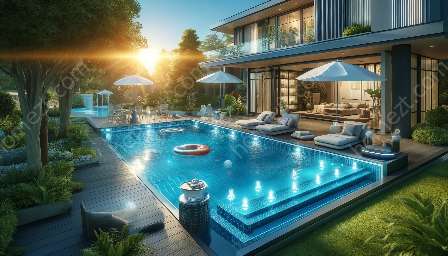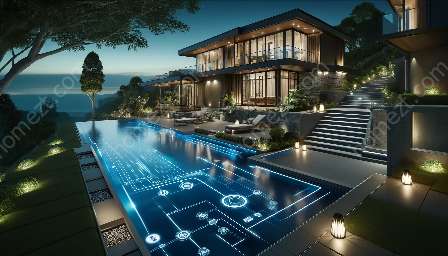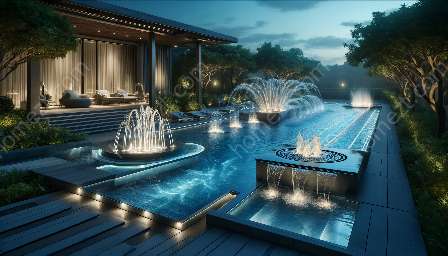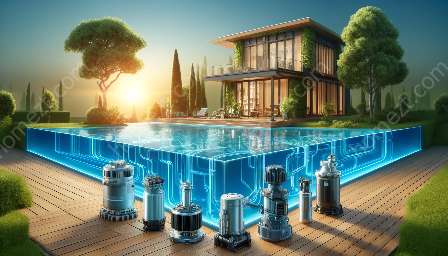Water circulation is a critical aspect of maintaining a healthy and efficient swimming pool and spa. It impacts pool automation and the overall swimming experience, making it a crucial topic for pool owners and maintenance professionals to understand.
The Importance of Water Circulation
Water circulation refers to the movement of water within a swimming pool or spa. Effective circulation is vital for several reasons, including:
- Filtration: Proper circulation ensures that water passes through the filtration system, removing debris and impurities that can affect water quality and clarity.
- Chemical Distribution: Circulation helps distribute pool chemicals evenly, maintaining the proper balance for sanitation and water treatment.
- Temperature Consistency: Improved circulation helps equalize water temperature throughout the pool or spa, providing a more comfortable swimming experience.
- Preventing Algae and Bacteria: Adequate circulation discourages the growth of algae and bacteria by preventing stagnant areas where these organisms can thrive.
Components of Water Circulation
Several components work together to facilitate water circulation in a swimming pool or spa:
- Pump: The pump is responsible for circulating water through the filtration system and back into the pool. Pool automation systems often control the pump to optimize circulation based on timing and demand.
- Filters: Different types of filters, such as sand, cartridge, or diatomaceous earth (DE) filters, trap and remove debris and impurities from the water to keep it clean.
- Skimmers and Drains: These components help collect debris and surface contaminants, ensuring that the water entering the filtration system is as clean as possible.
- Return Jets: These fittings disperse filtered water back into the pool, helping to maintain proper circulation and water distribution.
- Pool Automation Systems: Advanced pool automation technology can monitor and optimize water circulation, adjusting pump speed and run times based on various factors such as bather load, weather conditions, and water quality parameters.
Optimizing Water Circulation with Pool Automation
Pool automation systems play a key role in optimizing water circulation by leveraging technology to improve efficiency and convenience. Some of the benefits of integrating pool automation with water circulation include:
- Energy Efficiency: Automated control of pump speeds and run times helps reduce energy consumption, leading to cost savings and environmental benefits.
- Remote Monitoring and Control: Pool owners can remotely monitor and adjust circulation settings, ensuring optimal performance even when away from the property.
- Customized Scheduling: Automation systems can be programmed to adjust circulation based on specific time schedules and demand, maximizing efficiency while saving time for the pool owner.
- Integration with Other Pool Features: Automation systems can integrate with features such as heating, lighting, and water features to provide a cohesive and synchronized pool experience.
Enhancing the Swimming Experience
By understanding and optimizing water circulation through pool automation, pool owners and operators can enjoy numerous benefits, including:
- Cleaner and Clearer Water: Efficient circulation and filtration result in cleaner, clearer water that is more inviting for swimming and relaxation.
- Reduced Maintenance: Proper water circulation reduces the need for extensive manual cleaning and maintenance, streamlining pool care efforts.
- Improved Water Quality: Balanced chemical distribution and consistent circulation contribute to better water quality, creating a healthier environment for swimmers.
- Longer Equipment Lifespan: Optimized circulation and controlled operation of equipment through automation can extend the lifespan of pool components, reducing the need for premature replacements.
- Enhanced Aesthetics: Well-circulated water can enhance the overall visual appeal of the pool or spa, creating an attractive and inviting outdoor space.
In conclusion, water circulation is a fundamental aspect of maintaining swimming pools and spas. When coupled with pool automation, it can significantly improve water quality, energy efficiency, and the overall swimming experience. Pool owners and operators should prioritize understanding and optimizing water circulation to enjoy the many benefits it offers.

